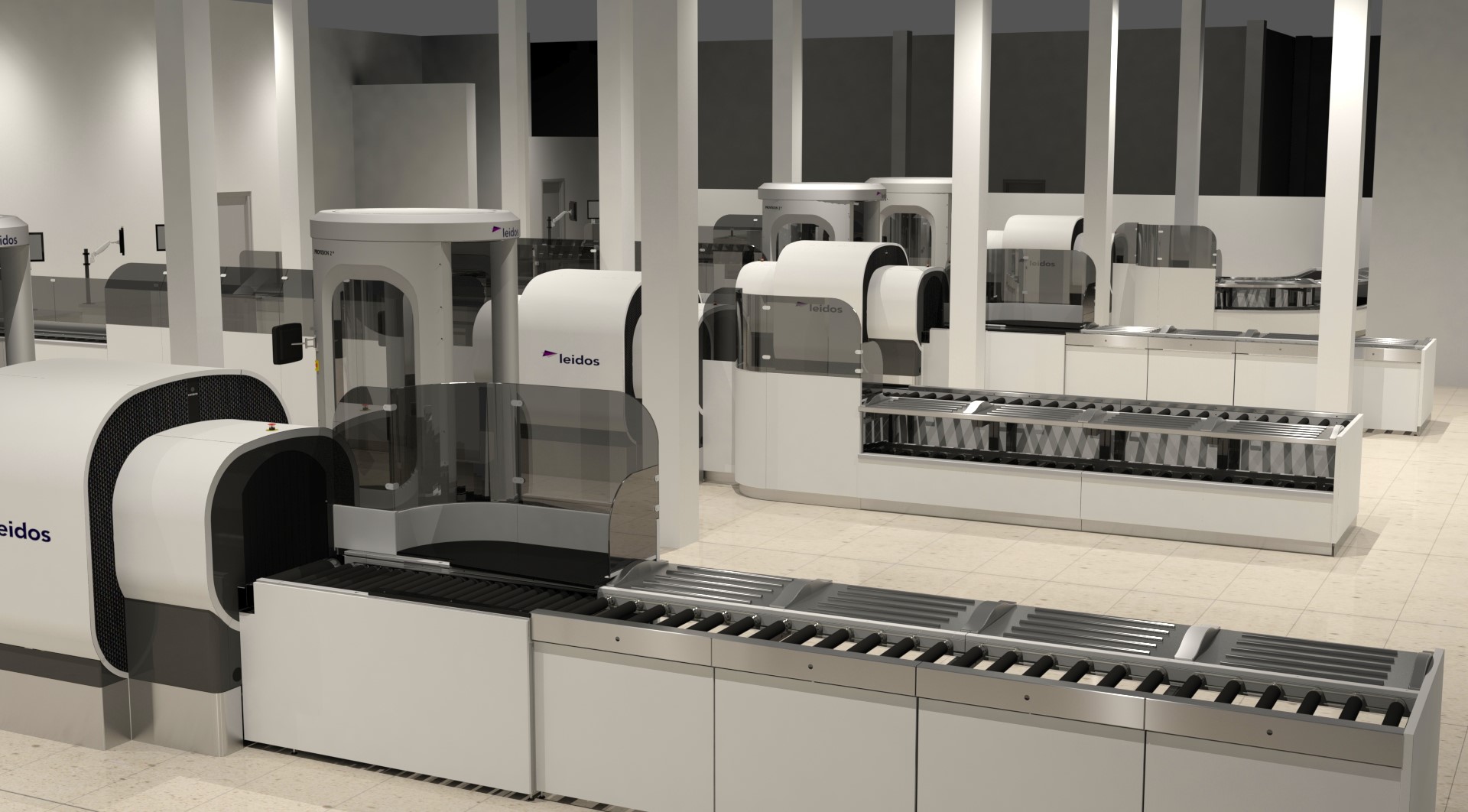


A new rule has been announced for travellers through several airports in Europe, and it has to do with what you can carry in your hand luggage. The measure will come into effect from 1 September 2024, Airports Council International (ACI) in Europe said on Wednesday.
In a press release, ACI acknowledged that the temporary measure would involve passengers and several airports in Europe , specifically those that have installed C3 scanners, the most advanced devices in terms of detection standards.
.jpg)
In order to limit operational impacts, it will be essential to ensure that liquids limited to 100ml can remain inside cabin bags when screened by C3 scanners.
Until now, the scanners in question allowed passengers to carry liquids without any restrictions, as well as store them along with electronic devices, such as laptops. But from 1 September 2024, the rule will change, with passengers required to carry a maximum of 100 ml of liquids in their hand luggage, including aerosol and gel containers.
ACI EUROPE took stock of changes to the EU Aviation Security Regulation which introduces severe restrictions to the use of next generation cabin baggage scanners at airports in the EU, as well as Iceland, Switzerland, Liechtenstein and Norway (EEA).
ACI's expectations with the new restriction are to take care of C3 scanner technology, as the devices can cost almost eight times more than normal machines, while their maintenance costs are also four times higher.
In this regard, ACI commented that European airports that have been the first to adopt this new technology are being severely penalised, both from an operational and financial point of view, after taking the decision to invest and deploy C3 scanners without restrictions.
This will also reduce the passenger throughput of security checkpoints at airports that have deployed C3 scanners. It will result in significant operational strain, the mitigation of which will require the deployment of additional staff and the reconfiguration of security checkpoints, where feasible, as little of the benefits associated with the use of this cutting edge technology will materialise.
ACI EUROPE Director General Olivier Jankovec said:
“Security is non-negotiable, it is at the very top of priorities for Europe’s airports. As such all airports will comply in full with the new restriction. However, the fact remains that those airports which have been early adopters of this new technology are being heavily penalised both operationally and financially. They had taken the decision to invest and deploy C3 scanners in good faith, based on the EU having greenlighted this equipment without any restriction attached. The decision to now impose significant restrictions to their use questions the trust and confidence the industry can place in the current EU certification system for aviation security equipment. We need to draw the lessons from this situation and make sure the EU certification system provides the necessary legal certainty and operational stability moving forward.”
Several European countries have adopted advanced technology at their airports, including some in Italy, Germany, Ireland, the Netherlands and Sweden, as well as six other small airports in the United Kingdom, the Schengen News platform reports.
